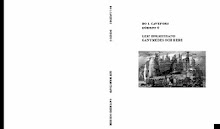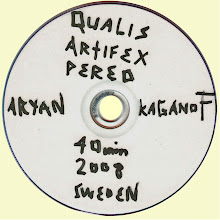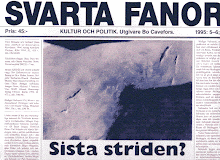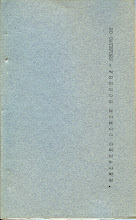+
+
On Faith question for the week of June 18, with response by Thomas Reese, S.J.
Question: "Some political leaders say we need to get out of Iraq now. Others say we are obligated to stay and try to restore civil order and authority. What's the moral position? Is there one?"
What do we owe the Iraqi people?
In looking at Iraq, we need to ask two questions: What do we owe the Iraqi people, and what are we capable of delivering?
No matter what you think about the justification for initiating the Iraq war (I think it was unjustified), the issue of withdrawing is a separate question. Some Catholic ethicists (including the U.S. bishops and the Vatican) think that the U.S. has a moral obligation to fix things before it leaves. Others believe such a view is naïve—the U.S. is incapable of fixing Iraq and in fact is making maters worse.
Supporters of a continued presence say that once we invaded, we took on a moral responsibility to the Iraqi people to provide government services until a new government could provide them. As Colin Powel put it: “You break it, you own it.” That the Bush administration did not plan for this is one of its greatest failings.
Gerard F. Powers of the University of Notre Dame argues the case for staying in “The Dilemma of Iraq” (America, March 6, 2007). As the former director of the Office of International Justice and Peace of the U.S. Conference of Catholic Bishops, Powers strongly opposed the war, as did the U.S. Catholic bishops and the Vatican.
But now he argues that “The United States has imposed itself on Iraq. It cannot, in good conscience, withdraw until it has exhausted the long-term process of helping Iraqis through a period of what the U.S. bishops [and the Vatican] call ‘a responsible transition.’” This will require rebuilding the infrastructure destroyed in the war and helping establish a security force capable of maintaining order.
Powers acknowledges that “An ethic of obligation must incorporate a hard-headed calculus of the efficacy of occupation.” But he says, “The futility of U.S. efforts must be very clear, however, in order to override the heavy obligations the nation owes the Iraqi people.”
He concludes, “The U.S. presence is no doubt contributing to the insurgency, but it would be worse if the United States embarks, as it might be doing, on a slow, quiet version of ‘cut and run.’ This could leave Iraq a festering, failed state that is a source of regional instability and global terrorism.”
The opposing view is articulated by Msgr. Robert W. McElroy in “Why We Must Withdraw From Iraq” (America, April 30, 2007). He argues that continuing the war fails at least four of the just war criteria: just cause, right intention, last resort and reasonable hope of success.
Imposing a democracy on a country was never considered a “just cause” for war in the Catholic just war theory, he writes. Nor is preserving the reputation of the U.S. fulfilling the criteria of right intention. Nor have all diplomatic and other nonmilitary means been exhausted. Nor, he argues, has the U.S. defined achievable success in any concrete way.
McElroy complains that the war’s supporters say that those who support withdrawal must prove that withdrawal will not destabilize Iraq. “In Catholic thinking, the calculus is just the opposite,” he writes. “Those advocating continued military action in Iraq face the burden of proof not only to demonstrate that remaining in Iraq is clearly more likely to yield more good than evil, but also to show that such continued action meets the conditions imposed by just-war thinking.”
McElroy points to Vietnam to prove the folly of continuing the war. He notes that the U.S. remained in Vietnam for four years after the Tet offensive. “During those four years, more than 30,000 Americans and 480,000 Vietnamese soldiers were killed in action, double the respective numbers that had been killed in the four years before Tet.” And what did it accomplish?
I am old enough to remember the arguments surrounding the Vietnam war—the talk of a bloodbath and damage to U.S. prestige if we withdrew. At the time, I found these arguments convincing. I was wrong. The bloodbath after the war was nothing compared to the bloodbath of the war, and Communism fell despite the fact that we lost the Vietnam war.
Once again, I am scared by talk of a bloodbath, but I see no evidence that the U.S. military can force the Shiites and the Sunnis to get along. Ultimately, they will have to work it out on their own as they have for centuries. While Powers is correct that the U.S. has a moral responsibility to the Iraqi people, I do not think that this obligation can be effectively fulfilled by the U.S. military.
I think it is time to set a date certain for withdrawal. But who am I to make this decision? Rather let’s allow the Iraqi people to vote in a referendum on whether they want the U.S. to stay or not. They are better positioned to know whether we are helping them or hurting them.
Thomas J. Reese, S.J.
Senior Fellow, Woodstock Theological Center
Georgetown University
Washington, DC
Copyright©Thomas J. Reese, S.J., 2007.
+
+
19.6.07
Subscribe to:
Post Comments (Atom)

































No comments:
Post a Comment